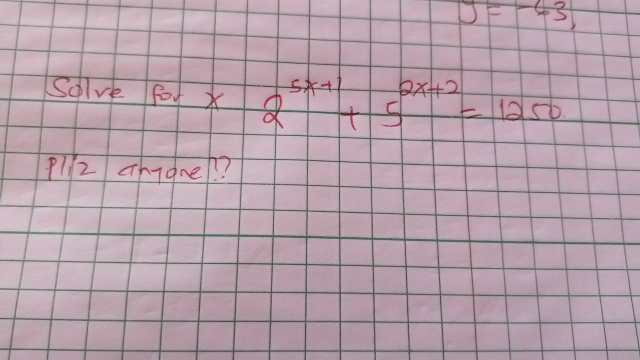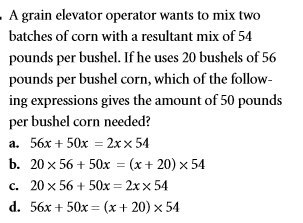
AlgebraQuestion and Answers: Page 266
Question Number 97135 Answers: 0 Comments: 1
Question Number 97134 Answers: 0 Comments: 0
Question Number 97114 Answers: 0 Comments: 0
Question Number 97067 Answers: 2 Comments: 1
Question Number 97064 Answers: 0 Comments: 1
Question Number 97051 Answers: 2 Comments: 2
Question Number 97019 Answers: 0 Comments: 1

Question Number 96951 Answers: 1 Comments: 5
Question Number 96868 Answers: 0 Comments: 1

Question Number 96839 Answers: 0 Comments: 0

Question Number 96829 Answers: 0 Comments: 1
Question Number 96821 Answers: 3 Comments: 0
Question Number 96749 Answers: 1 Comments: 0
Question Number 96715 Answers: 1 Comments: 0
Question Number 96712 Answers: 1 Comments: 0

Question Number 96650 Answers: 1 Comments: 0
Question Number 96584 Answers: 1 Comments: 4

Question Number 96527 Answers: 2 Comments: 1
Question Number 96505 Answers: 2 Comments: 2
Question Number 96460 Answers: 1 Comments: 8

Question Number 96407 Answers: 1 Comments: 4

Question Number 96390 Answers: 1 Comments: 0

Question Number 96340 Answers: 0 Comments: 4
Question Number 96329 Answers: 0 Comments: 2
$${x}\lfloor{x}\lfloor{x}\lfloor{x}\rfloor\rfloor\rfloor=\mathrm{88} \\ $$$${x}>\mathrm{0} \\ $$
Question Number 96321 Answers: 1 Comments: 1
$${It}\:{is}\:{given}\:{that}\:{x}^{\mathrm{2}} =\mathrm{2}^{{x}} .\:{Find}\:{x}. \\ $$
Question Number 96311 Answers: 1 Comments: 0
Pg 261 Pg 262 Pg 263 Pg 264 Pg 265 Pg 266 Pg 267 Pg 268 Pg 269 Pg 270
